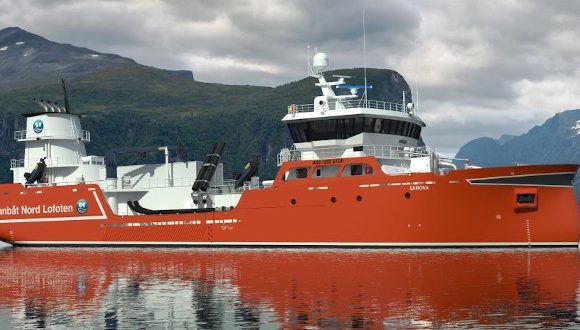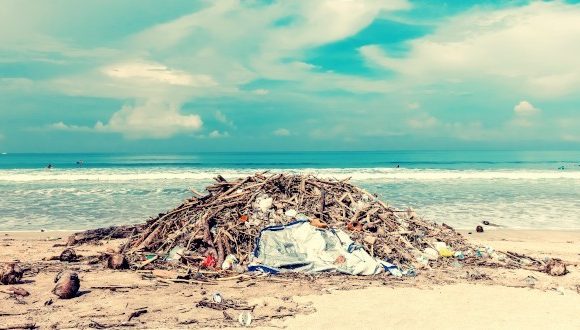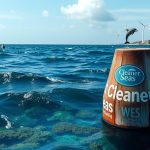Challenges in implementing environmental compliance measures for the marine resources in developing countries
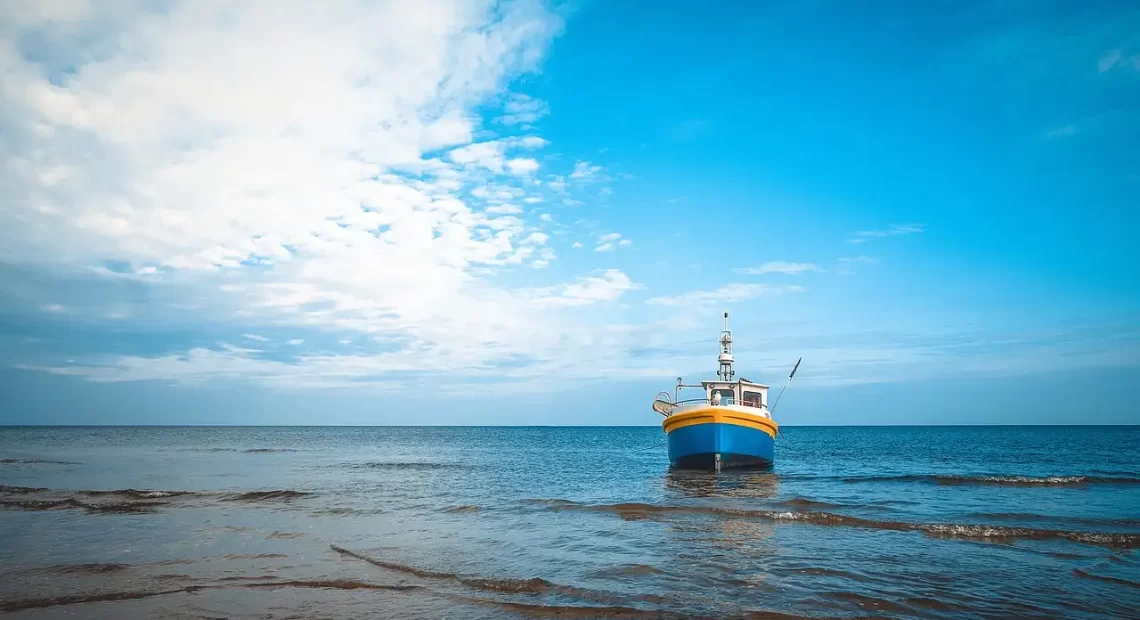
I. Introduction
Environmental compliance measures are crucial for ensuring the sustainable utilisation of these valuable resources. However, developing countries often face significant challenges when it comes to implementing and enforcing environmental compliance measures for their marine resources. This article aims to delve into the obstacles that developing countries encounter in this regard and shed some light on the importance of addressing these challenges.
Marine resources hold immense economic, social, and ecological value for developing countries. These resources contribute to food security, provide livelihood opportunities for coastal communities, and support economic growth through industries such as fisheries and tourism. However, their exploitation must be carried out in a responsible and sustainable manner to avoid depletion and environmental degradation.
“Environmental compliance is a vital aspect of managing marine resources sustainably. It ensures that we strike a balance between utilising these resources for economic development and protecting their long-term viability,” emphasises Dr. Jane Davis, an expert in marine resource management.
II. Environmental Compliance and Marine Resources
Environmental compliance measures encompass a range of regulations, policies, and practices that aim to safeguard the marine environment and ensure the sustainable use of marine resources. These measures encompass various aspects, including fishing practices, pollution control, habitat conservation, and the establishment of marine protected areas. By adhering to these regulations, countries can protect and preserve their marine ecosystems while optimizing the benefits derived from these resources.
“Sustainable management of marine resources requires not just a commitment to compliance, but also a deep understanding of the interconnectedness between human activities and the health of our oceans,” says Dr. Mark Thompson, a marine conservation scientist.
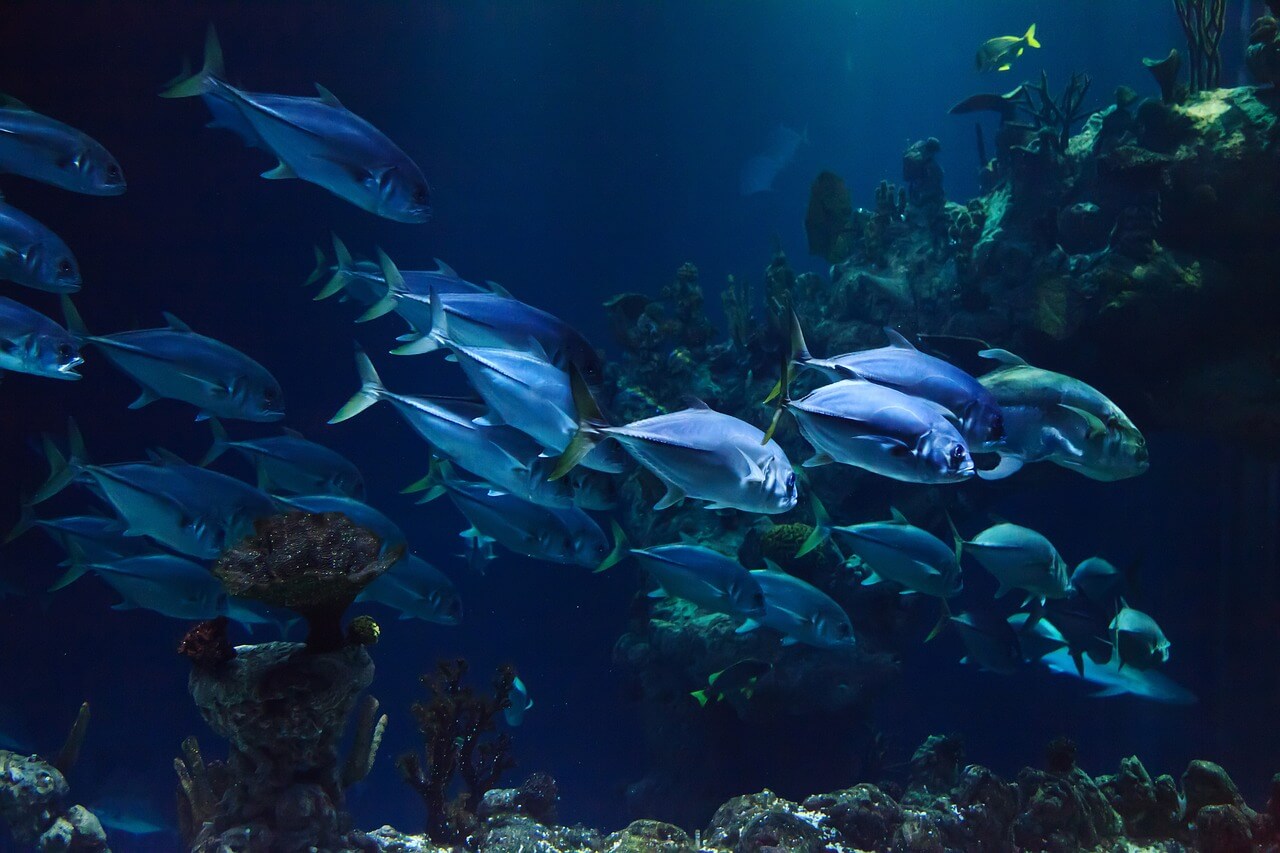
III. Challenges in Implementing Environmental Compliance Measures
Developing countries face several challenges when it comes to implementing and enforcing environmental compliance measures for their marine resources. One of the primary hurdles is the limited financial resources available for enforcement and monitoring efforts. Insufficient funding restricts the capacity to invest in adequate surveillance technology, research initiatives, and personnel training, which are crucial for effective compliance.
Furthermore, developing countries may lack the technical expertise and knowledge required to implement complex environmental regulations. Building the capacity of government agencies and training personnel in areas such as scientific data collection, analysis techniques, and compliance monitoring is essential. Collaboration with international partners and knowledge exchange platforms can support capacity-building efforts.
Institutional barriers and governance issues also present significant challenges. Weak legal frameworks, corruption, and inadequate enforcement mechanisms undermine the effectiveness of environmental regulations. Strengthening governance structures, enhancing transparency, and promoting accountability are necessary to foster a culture of compliance and ensure the effective implementation of environmental measures.
Additionally, socioeconomic, and cultural factors influence compliance rates. In some cases, marginalised communities heavily rely on marine resources for their livelihoods, leading to conflicts between conservation goals and local needs. It is crucial to strike a balance between environmental protection and socioeconomic realities by engaging with local communities, involving them in decision-making processes, and promoting alternative livelihood options that align with sustainable resource management.
IV. Case Studies: Challenges and Solutions
To illustrate the challenges and potential solutions, let’s explore hypothetical two case studies:
Case study 1: Implementation challenges in a developing country’s fishing industry In Country X, the fishing industry faces significant challenges in complying with environmental regulations. Lack of financial resources, limited capacity, and weak enforcement mechanisms have resulted in widespread illegal fishing practices. To address these challenges, the country has identified the need for capacity building and technical assistance. Collaborations with international organizations have helped establish training programs, empower local fisheries officials, and enhance compliance monitoring.
Case study 2: Addressing environmental compliance in marine tourism In Country Y, the rapid growth of marine tourism has put pressure on the marine environment. The government recognises the importance of implementing environmental compliance measures to ensure sustainable tourism practices. By developing comprehensive standards, collaborating with tour operators, and engaging local communities, the country has successfully promoted environmental compliance within the tourism sector.
V. Overcoming Challenges and Promoting Compliance
Addressing the challenges of implementing environmental compliance measures requires a comprehensive approach. International cooperation and support play a vital role in providing financial resources, technical expertise, and knowledge exchange platforms. Collaborative initiatives that emphasise capacity building, training programs, and sharing best practices can empower developing countries to enforce regulations effectively.
Incentives for compliance, such as certification schemes or market access, can encourage responsible practices within the private sector. Strengthening governance structures, improving transparency, and promoting public awareness are essential for fostering a culture of compliance and accountability.
VI. Conclusion
The challenges that developing countries face in implementing and enforcing environmental compliance measures for their marine resources are significant. However, with concerted efforts, these challenges can be overcome. By addressing financial constraints, enhancing technical expertise, and strengthening governance structures, developing countries can pave the way for sustainable management and conservation of their marine resources.
As Dr. Sylvia Earle, a renowned marine biologist, once said, “Our future depends on the responsible management of our oceans. Environmental compliance is our tool for ensuring the well-being of marine resources and the prosperity of generations to come.”
Resources
Ocean economy and developing countries
Human Impact On Marine Ecosystems: The Tragic Symphony Of Life And Death

